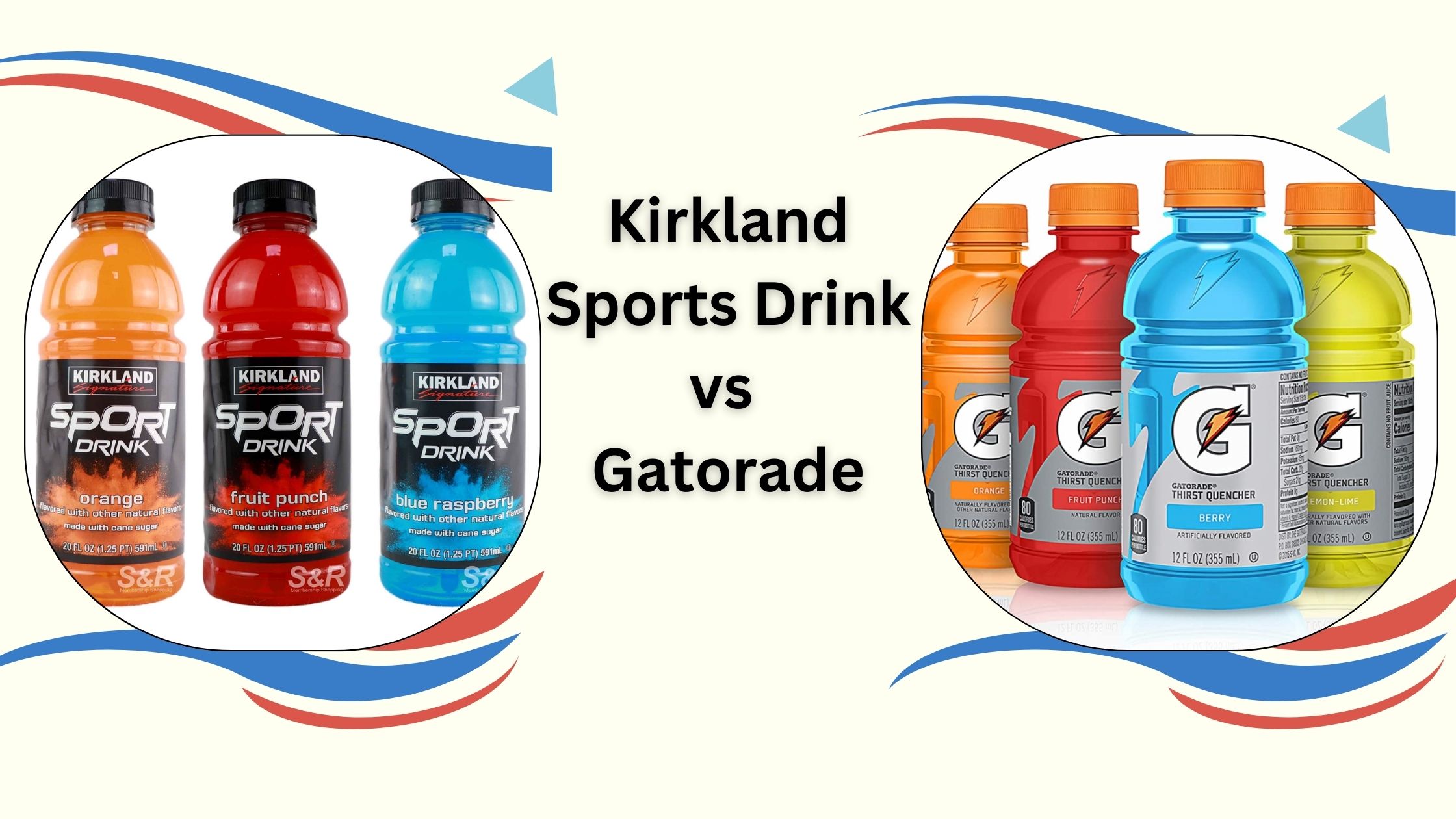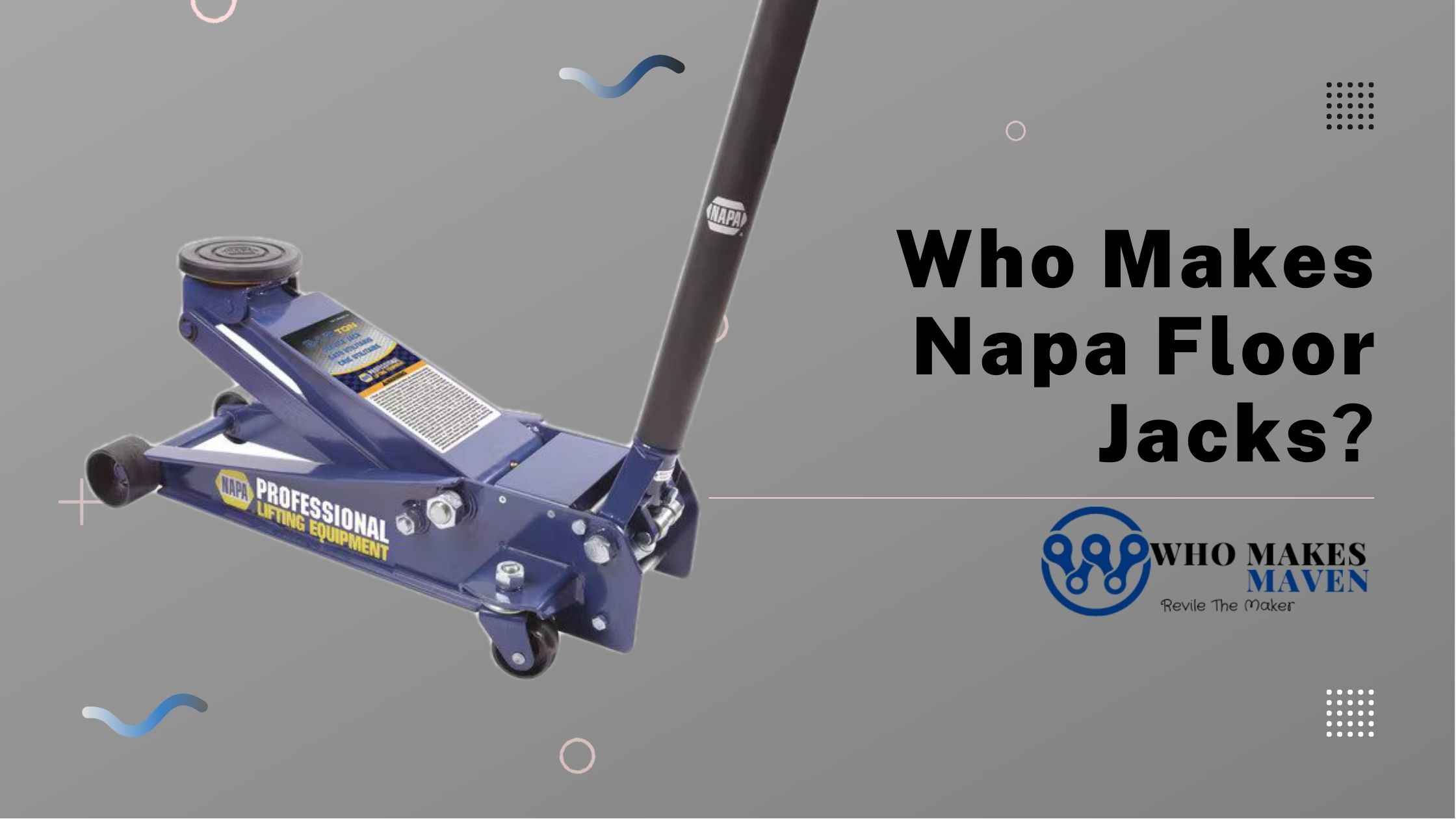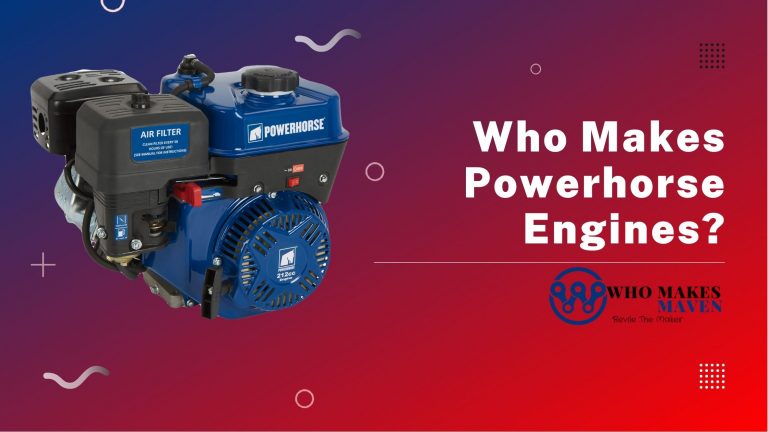Kirkland Sports Drink vs Gatorade: Which One is Better for You?
Sports drinks have become a staple for athletes and fitness enthusiasts alike, offering a quick and efficient way to replenish fluids and electrolytes lost during physical activity. Among the myriad of options available, two popular contenders stand out: Kirkland sports drink and Gatorade. This article delves into the characteristics of these two beverages, comparing their nutritional content, ingredients, and pricing to help you make an informed decision about which one aligns best with your needs.
Kirkland Sports Drink
Kirkland sports drink is a notable player in the realm of hydration solutions. Formulated to provide swift rehydration and electrolyte replenishment, it shares some similarities with the well-known Gatorade. Composed of a blend of water, carbohydrates, electrolytes, and flavorings, Kirkland’s sports drink mirrors the core components that athletes look for after a strenuous workout.
Pros and Cons of Kirkland Sports Drink
Pros:
- Effective hydration due to electrolyte inclusion.
- Quick energy release from carbohydrates.
- Cost-effective compared to some other brands.
Cons:
- Limited flavor options.
- May contain artificial additives.
- Nutritional profile may vary.
Nutritional Content and Price
Kirkland sports drink typically contains electrolytes such as sodium, potassium, and magnesium, alongside carbohydrates, which help in maintaining energy levels during exercise. Its nutritional content may differ based on the flavor and formulation.
Regarding price, Kirkland sports drink often offers a more budget-friendly option compared to premium brands like Gatorade.
Gatorade
Gatorade, a pioneer in the sports drink market, has gained immense popularity among athletes and fitness enthusiasts over the years. Similar to Kirkland, Gatorade is designed to provide rapid rehydration and fuel replenishment post-workout.
Pros and Cons of Gatorade
Pros:
- Wide range of flavors and formulations.
- Established brand with a proven track record.
- Contains a variety of electrolytes and carbohydrates.
Cons:
- Often higher in sugar content.
- Premium pricing.
Nutritional Content and Price
Gatorade’s formula usually comprises essential electrolytes and carbohydrates, ensuring efficient hydration and refueling. However, it’s worth noting that Gatorade can sometimes contain a notable amount of added sugars, which might not be ideal for those looking to limit their sugar intake.
In terms of pricing, Gatorade tends to be on the higher end of the spectrum due to its brand recognition and expansive flavor options.
Comparison Kirkland Sports Drink vs Gatorade
Here is a comparison of the nutritional content of Kirkland sports drink and Gatorade:
| Nutrient | Kirkland Sports Drink | Gatorade |
|---|---|---|
| Calories | 100 | 100 |
| Sodium | 250 mg | 270 mg |
| Potassium | 75 mg | 85 mg |
| Chloride | 60 mg | 65 mg |
| Carbohydrates | 27 g | 27 g |
| Sugar | 25 g | 25 g |
Price
Kirkland sports drink is typically less expensive than Gatorade. A 30-count pack of Kirkland sports drink costs around $15, while a 32-count pack of Gatorade costs around $20.
Which One is Better?
So, which sports drink is better? It really depends on your individual needs and preferences. If you are looking for a cheap, effective sports drink that is similar to Gatorade, then Kirkland sports drink is a great option. However, if you are looking for a sports drink that contains taurine, then Gatorade may be a better choice.
Frequently Asked Questions
1. What are the benefits of drinking a sports drink after exercise?
Sports drinks are designed to provide rapid hydration and replenish electrolytes lost through sweat during physical activity. They also contain carbohydrates that offer quick energy to tired muscles. Rehydrating with a sports drink can help prevent dehydration, muscle cramps, and fatigue, making it especially beneficial after intense workouts.
2. What are the risks of drinking too much sugar in sports drinks?
While sports drinks are effective for hydration, some varieties can contain high amounts of added sugars. Consuming too much sugar can lead to weight gain, increased risk of diabetes, dental issues, and energy crashes. Opting for sports drinks with lower sugar content or considering natural alternatives can mitigate these risks.
3. Are there any other sports drinks that you would recommend?
Absolutely, there are several other sports drink options available. If you’re looking for alternatives, consider brands like Powerade, BodyArmor, and Nuun, which offer varying flavors and nutritional profiles. Some athletes also prefer coconut water or homemade electrolyte solutions using natural ingredients for a healthier option..
4. How do I know which sports drink is right for me?
Choosing the right sports drink depends on your exercise intensity, goals, and dietary preferences. If you need a basic rehydration solution without breaking the bank, Kirkland sports drink might be suitable. For a wider range of flavors and performance benefits, Gatorade could be a better fit. Evaluate your needs, read labels to understand nutritional content, and experiment with different options to find the one that aligns with your preferences.
5. Can I dilute a sports drink to reduce sugar intake?
Yes, you can dilute a sports drink with water to reduce its sugar content. This can be a useful strategy if you want to maintain hydration while cutting down on sugar intake. Experiment with different ratios until you find a taste that you enjoy without the excessive sweetness.
6. Are there sports drinks designed for specific types of exercise?
Yes, some sports drinks are formulated for specific purposes. For example, endurance athletes might benefit from drinks with higher carbohydrate content to sustain energy levels during long workouts. On the other hand, those engaged in shorter, high-intensity activities might prioritize drinks with faster electrolyte absorption. Check the label and product information to see if a sports drink aligns with your workout type.
7. Can I make my own sports drink at home?
Certainly, you can create your own sports drink using natural ingredients. A basic recipe might include water, a pinch of salt for electrolytes, a natural sweetener like honey or maple syrup, and a splash of citrus juice for flavor. Homemade solutions allow you to control the ingredients and adjust the taste to your liking.












![Who Makes Milestar Tires? [Why you choose this]](https://whomakesmaven.com/wp-content/uploads/2022/03/Who-Makes-Milestar-Tires-768x432.jpg)
